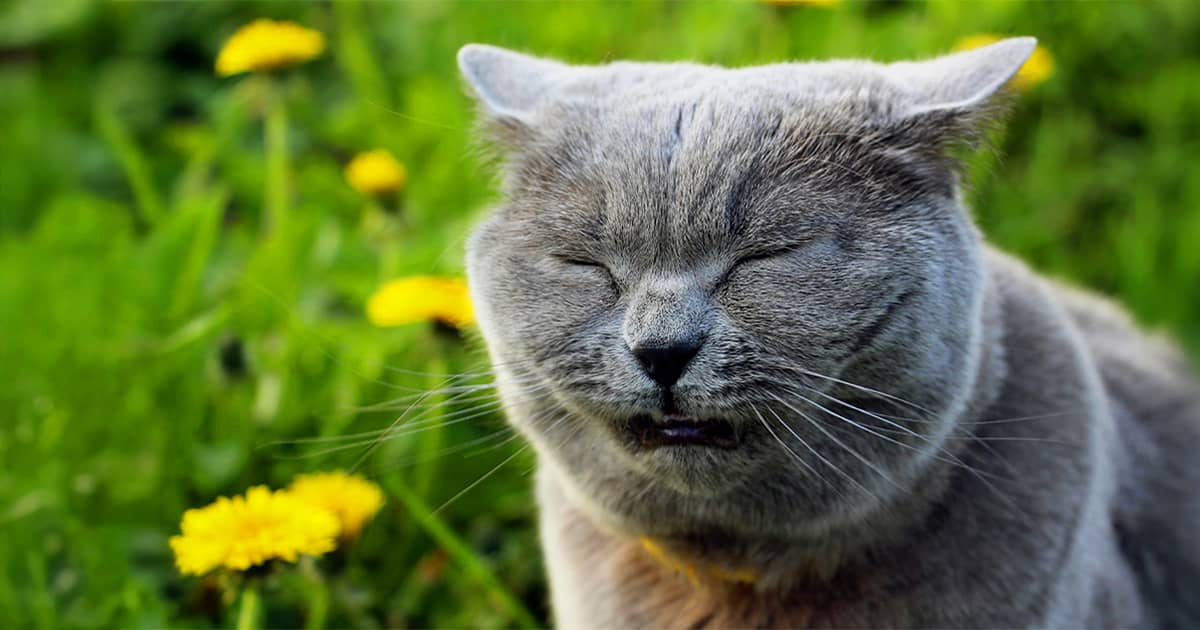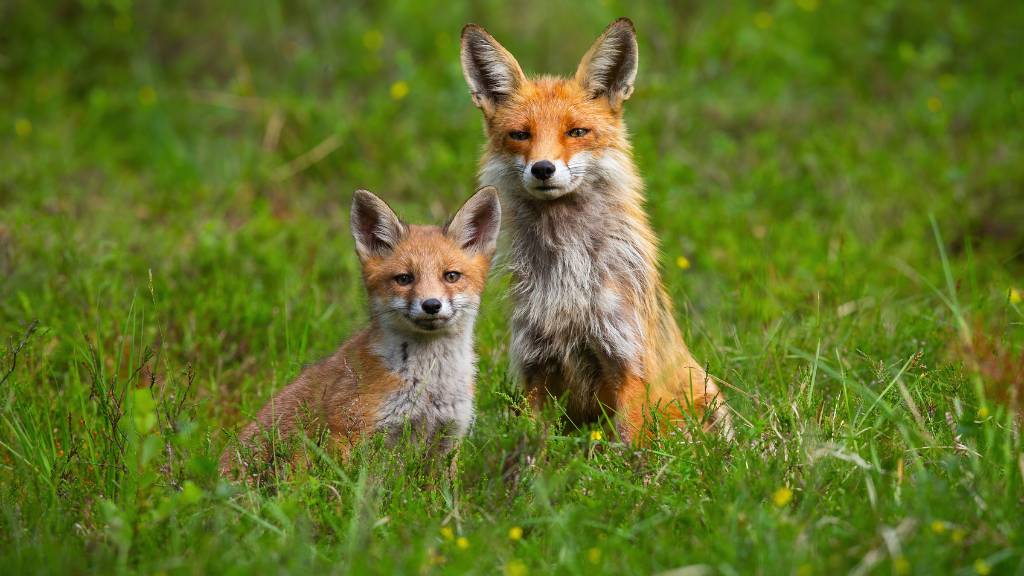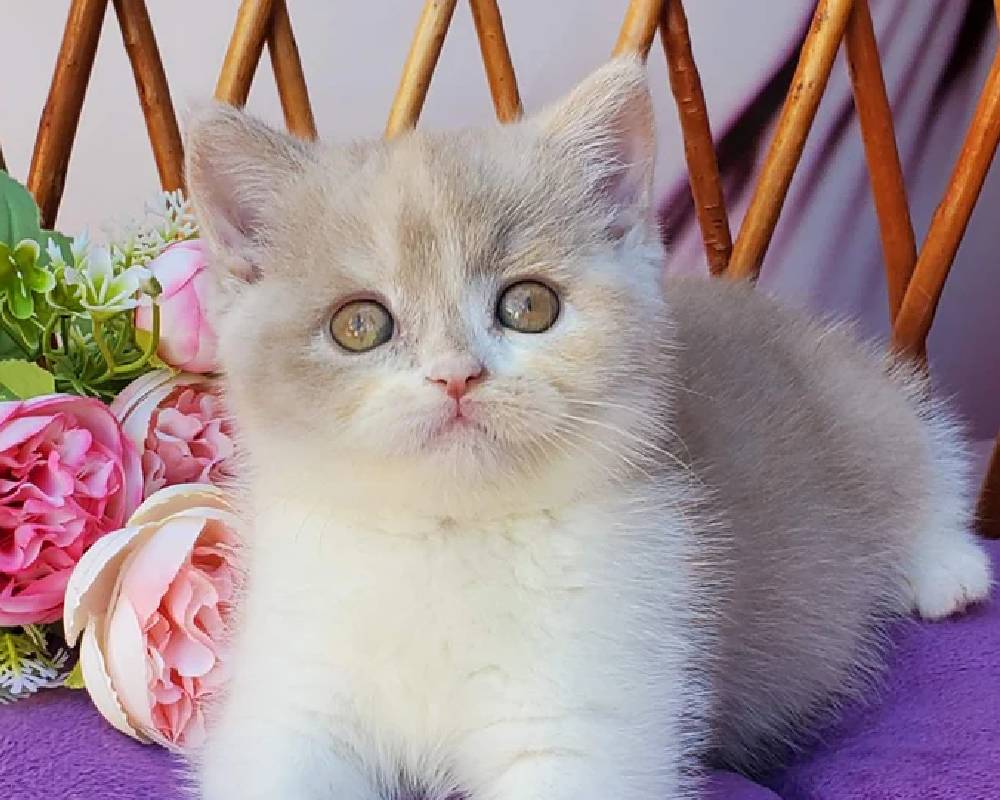Is Your Cat’s Sneezing Just Allergies—or a Silent Warning You Can’t Afford to Miss?
- Eye discharge
- Nasal discharge (including blood)
- Redness or swelling
- Difficulty breathing
- Pawing at their face
- Appetite loss
- Coughing
- Fever
- Dehydration
- Lethargy
- Weight loss
- Snoring
Health Conditions Related to Sneezing in Cats
If your cat is continuously sneezing, it’s a good idea to visit your veterinarian as there are a number of health conditions they could have, including:
- Upper respiratory infection
- Inflammation of the nasal membranes or sinuses
- Chronic respiratory condition
- Allergies
- Foreign object lodged in their nose
- Dental disease
- Nasal passage tumors or polyps
Upper Respiratory Infections
Upper respiratory infections are typically caused by viruses or bacteria (and occasionally fungi). Common upper respiratory viruses include feline herpesvirus type 1 (also called feline viral rhinotracheitis) and feline calicivirus. The feline distemper combination vaccine (FVRCP) protects against these two viruses as well as feline panleukopenia. Bacterial infections are often caused by Bordetella, Mycoplasma or Chlamydia. Vaccines are available against Chlamydia felis and Bordetella bronchiseptica. Ask your veterinarian which vaccines are recommended for your cat.














Post Comment